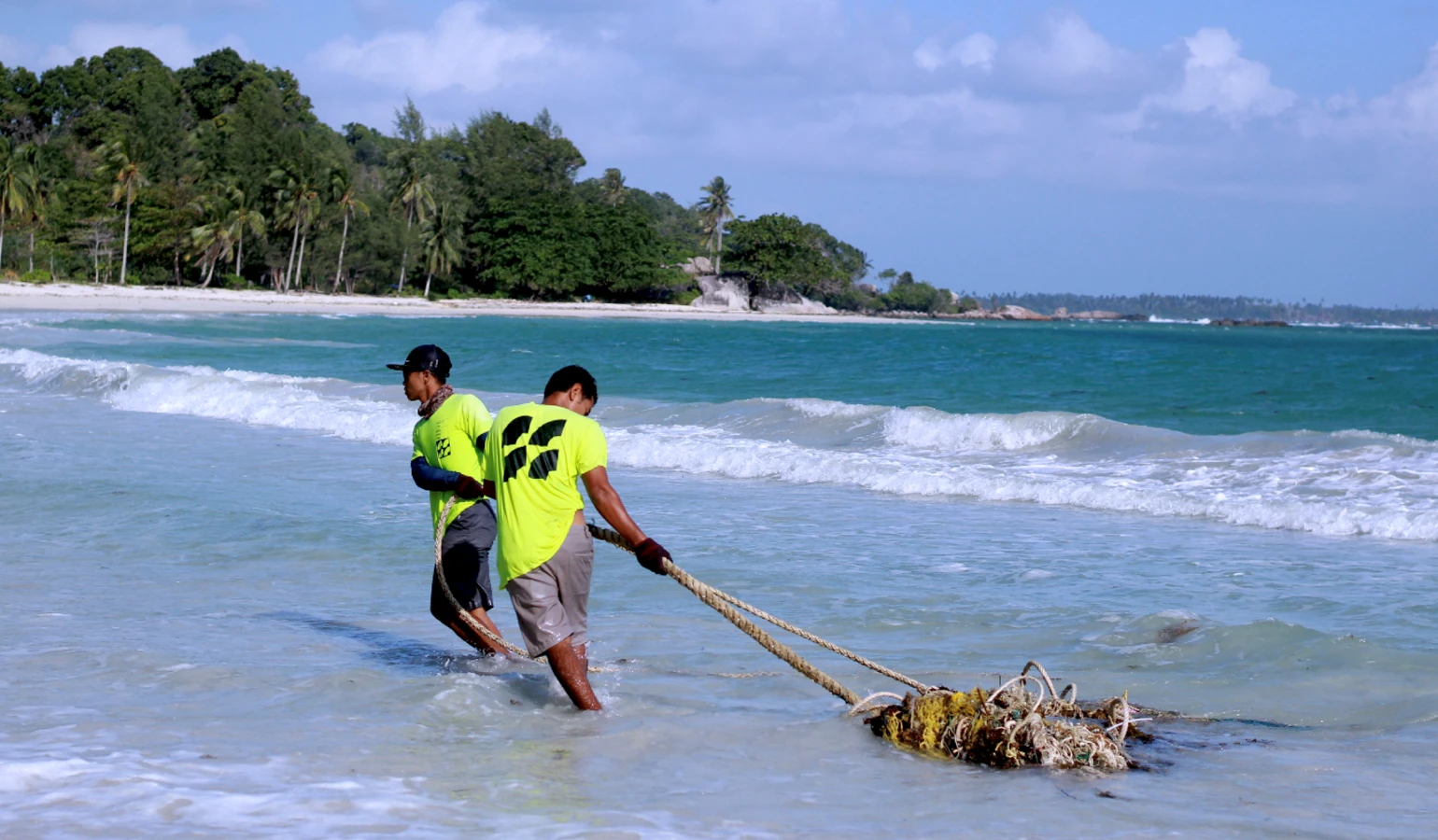It might not come as a surprise that plastic production has increased radically over the last 60 years, with 380 million tons produced in 2018 alone. Shockingly though only 9% of the plastic disposed of is recycled back into the economy, whilst the rest is disposed of in landfills, incineration, or the environment. Of that plastic pollution that enters our environment most affects the marine environment, with 11 million tonnes of plastic entering the ocean yearly where it persists and accumulates, causing detrimental effects on ecosystems, biodiversity, and human health.

In terms of the scientific and research community, medical grade virgin polypropylene is the industry standard for sample storage tubes and its use in most laboratories cannot be avoided. Precious and valuable samples require the most inert material to reduce the risk of interacting with any aspect of the storage tube. AlteTubes are manufactured from medical grade polypropylene and with this in mind, the company has partnered with Seven Clean Seas to offset AlteTube plastic usage on a 1:1 basis.
Like carbon offsetting, plastic offsetting is based on the idea that companies and consumers can offset or compensate their plastic consumption by purchasing plastic credits. These credits fund social and environmental projects working to reduce plastic waste. AltemisLab buys plastic credits to compensate for AlteTubes usage, so when you purchase 2D barcoded sample storage tubes, you too will be helping to remove plastic from our oceans.

AltemisLab knows that scientific or medical waste are generally disposed of by incineration and by partnering with Seven Clean Seas are helping to offset the environmental impact. Additionally, the company assists its customers in reducing tube usage by providing advice on the most suitable tube volume for their samples.